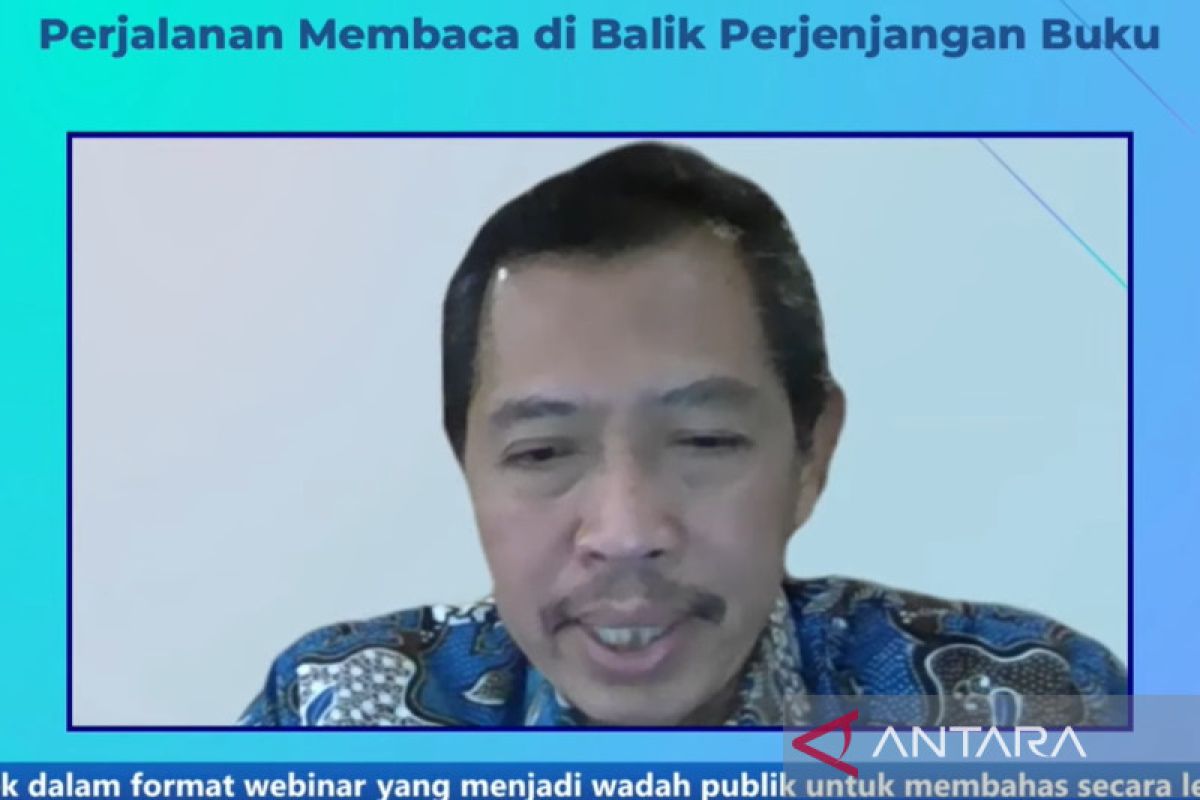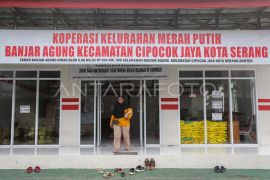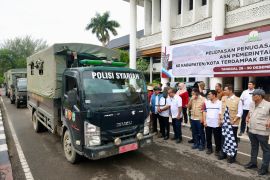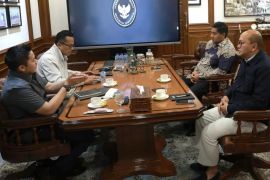"Implementation of book leveling is important to be done given that most readers in Indonesia have limited skills in understanding a text or reading material," Head of the ministry's Book Affairs Center Supriyatno said.
Book leveling divides books into five levels based on text difficulty. Level A is for early readers who do not yet understand symbols. Level B is further divided into B1, B2, and B3 for beginner readers from the six to eight age group.
Then, level C is for medium-level readers who already understand the reading material. Level D is reserved for expert readers. Meanwhile, Level E is for expert readers who are expected to understand reading material based on context.
"There are stages and levels that have already been planned within the Educational Standards, Curriculum, and Assessment Agency's (BSKAP's) guide and regulations," he informed.
The ministry has regulations related to book leveling within Law No.3 of 2017 on Book System and Government Regulation No. 75 of 2019 on book system implementation.
"The existence of regulations is expected to encourage all parties to formulate derivative regulations in implementing the book leveling policy," he said.
He further said he expects the implementation of book leveling to be carried out not just because of regulations, but also because of the awareness that children need books that match their age.
This will prevent children from being burdened by books beyond their reading ability.
"This will create reading interest, which affects reading culture and, even higher, toward the development of literacy program in the future," Supriyatno explained.
Related news: Indonesia needs to revive interest in reading books
Related news: National Library intensifies collaboration for literacy development
Translator: Sean Filo M, Fadhli Ruhman
Editor: Rahmad Nasution
Copyright © ANTARA 2023












